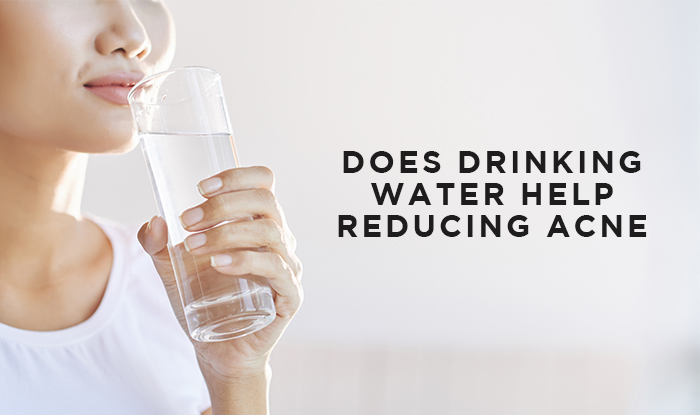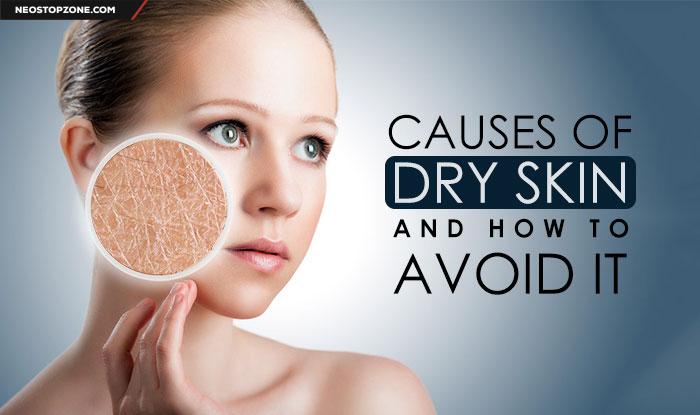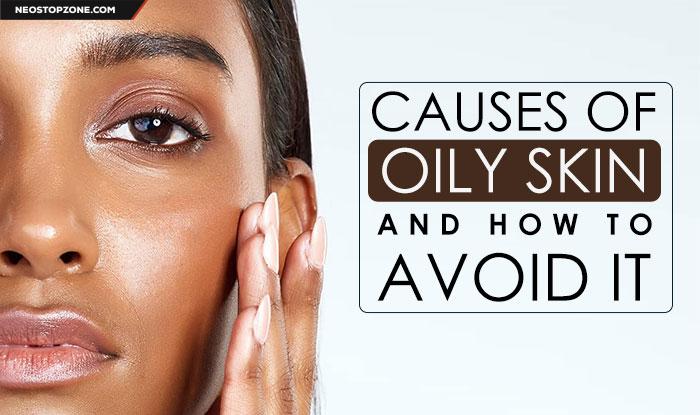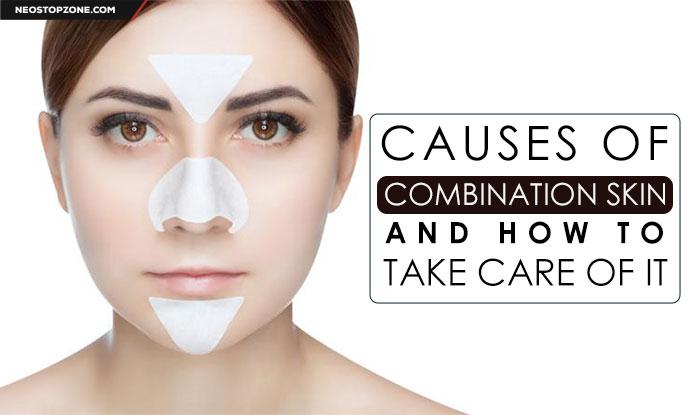Does Drinking Water Help Reducing Acne
If you have acne, you may have heard that drinking more water can help get rid of it, but there is no scientific research to support that claim. However, research has been done to support the benefits of hydrating your skin from the outside.
What is the cause of acne?
Acne is a very common skin condition that causes pimples mostly on the face, forehead, chest, shoulders, and upper back. Acne consists of pores in the skin that become blocked by hair, oil (called sebum), bacteria, and dead skin cells. . Blackheads, whiteheads, nodules, and many other types of acne are formed as a result of blocked pores.
Acne is believed to be caused and/or worsened by many different factors, including:
- Genetics
- Changes in hormone levels (this is why acne often occurs during adolescence when hormone levels fluctuate)
- Stress (which raises cortisol levels)
- Use of skin care products that are clogged (such as those high in oil or grease)
- Using personal care products that are greasy (such as hair pomade and wax)
- Certain types of medicines (such as prednisone)
- Foods that are high on the glycemic index (a rating of how specific foods, such as carbohydrates, raise blood sugar) and dairy products2
- Environmental factors (such as working around certain industrial products)
- Hormone fluctuations during menstruation
- Wearing hats, helmets, and other hats
- Pick on acne sores
- Air pollution
- High humidity
- Working in certain environments (eg in a restaurant, around fried, greasy food)
How does water affect the skin?
The skin is not always recognized for what it is, that is, the largest organ of the body. Like any other organ, the skin is made up of cells, and the cells are mainly made up of water.
When the skin is well hydrated from the outside, it helps in fighting dryness. When skin is dry, it has less elasticity and is more prone to wrinkles.
In addition, dry skin causes the pores to open easily; This allows acne-causing bacteria to penetrate deeper into the skin, worsening acne.
Keeping the skin moist, applying oily skin products without clogging the pores, is an important step in acne treatment.
Hydration
An interesting fact about water and skin is that the body will provide water to all other organs before hydrating the skin, so applying moisturizing products to your skin can help provide extra moisture from the outside.
There are many cosmetic products available today that help keep the skin hydrated without clogging the pores, such as:
Ceramide Cream
Hyaluronic Acid
Commercial Skin Moisturizer
Many commercial moisturizing products, such as topical vitamin formulas, products with antioxidants, and occlusive moisturizers (such as wax products), do not have sufficient clinical research data to support their effectiveness in moisturizing the skin.
Tips for properly applying skin moisturizer and improving skin hydration include:
- Apply moisturizer when the skin is damp (eg within two minutes after a bath or shower). This allows for better absorption because the skin is still porous.
- Some products (such as those containing hyaluronic acid) should be applied before moisturizers to help attract water. The Hydrating B5 Gel is an example of one such product that contains hyaluronic acid.
Does Drinking Water Help Acne?
Studies show that staying hydrated improves the body’s overall immune cell response.
The immune system fights off harmful bacteria that contribute to acne and pimples. More specifically, a bacterial strain called C. acnes (Cutibacterium acnes, formerly called Propionibacterium acnes) is thought to play a role in the development of acne vulgaris. Acne vulgaris is the most common type of acne; It is linked to hormone fluctuations.
There is no definitive research to support the claim that drinking water will clear acne.
Takeaway
Keep in mind that many products known to help hydrate the skin offer a specific product designed to treat acne. But consult your dermatologist before using any type of skincare product to treat acne Be sure to talk.




Your point of view caught my eye and was very interesting. Thanks. I have a question for you. https://accounts.binance.com/id/register?ref=DB40ITMB